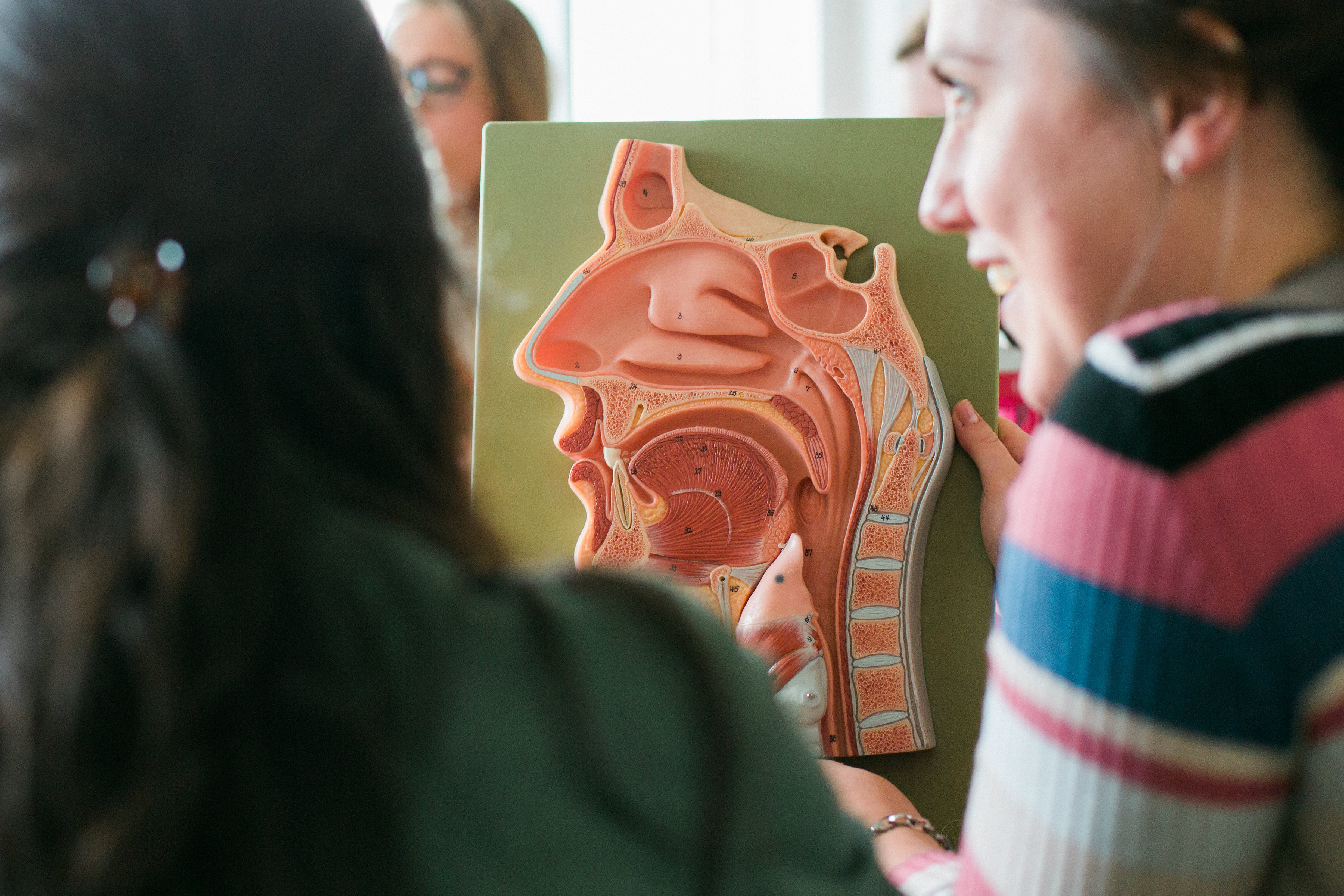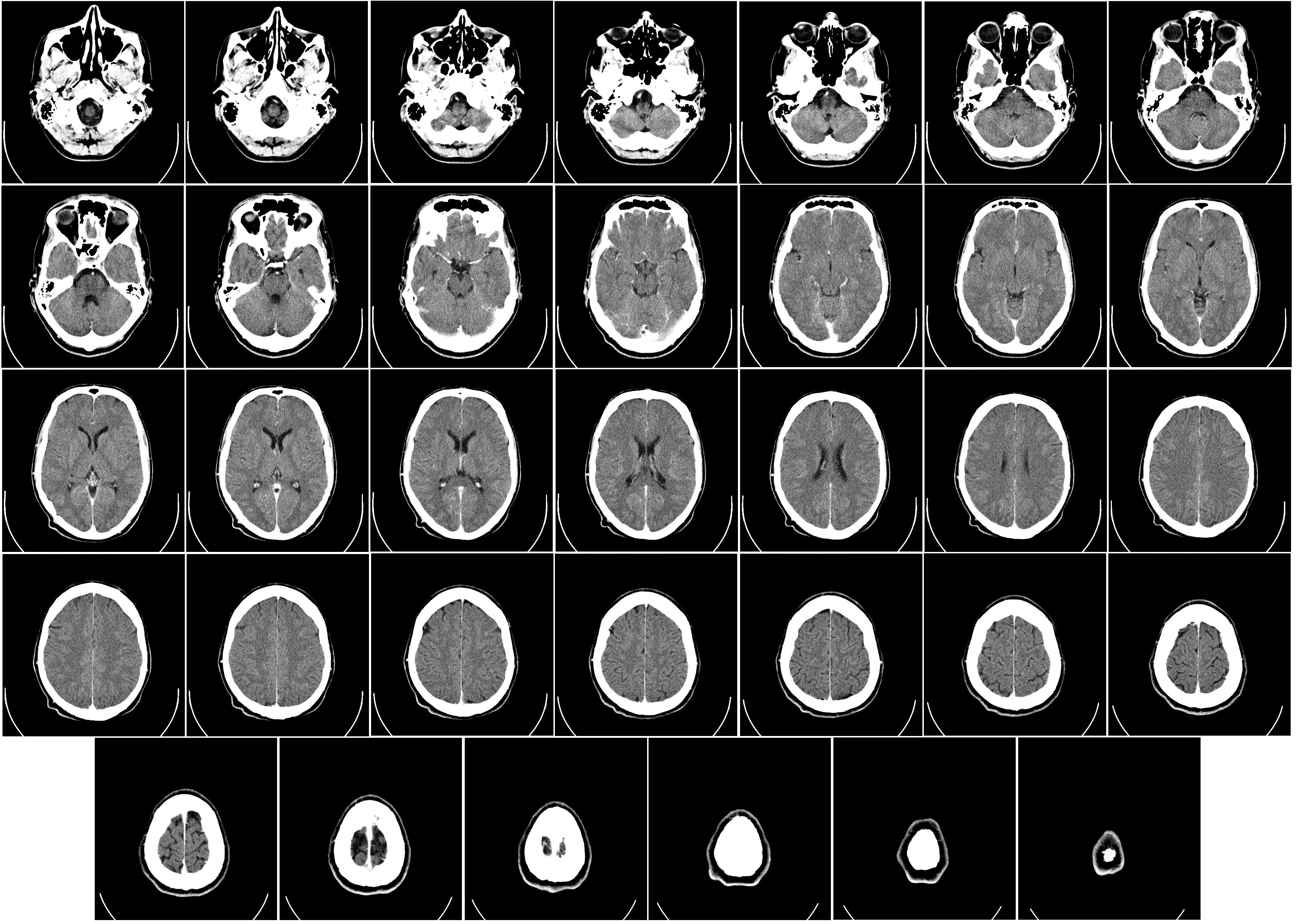
This is a general resource area for the BSc & MSc Speech and Language Therapy courses.
- Module Supervisor: Kirsty Amos

It is anticipated that students will undertake the speech and language therapy course from diverse backgrounds and with a range of underlying skills and experience. This foundations module undertaken in the first term of study will ensure that all students, whatever their background, have achieved a standard level of knowledge in core areas before proceeding with further study.
- Module Supervisor: Sai Bangera
- Module Supervisor: Rachael-Anne Knight
- Module Supervisor: Maria Miranda Rivera

This module is delivered in Term 1. It complements the Foundations 1 module in providing an introduction to the principles of speech & language structure and processing from a linguistic perspective. This is considered to be fundamental to the development of a deeper understanding of speech & language pathology which will result from continued study in later modules.
The module provides the forum within which knowledge gained in the Foundations 1 module, together with previous learning and experience, are brought together to synthesise an integrated view of the speech and language process. This integrated knowledge base will constitute a foundation for further learning and form the frame of reference which will underpin the students understanding of communication breakdown and the work of the speech and language therapist.
While there will be some reference to aspects of disordered speech & language where necessary to develop full understanding of language processes the emphasis in this module will be on structure and function of normal speech and language. The module will also equip the student with resources or tools that can be used in the recording and analysis of language data.
The module will provide the student with the descriptive background required to support an understanding of the nature of speech and language breakdown, the rationale for clinical analysis and planned intervention strategies. The student will also be introduced to current research in Speech and Language Therapy.
MODULE CONTENT:
1. Introduction to linguistics
2. Linguistics -Structure of language
3. Linguistics -Phonetics
4. Linguistics - Pragmatics
5. The development of communication -overview of acquisition
6. Human communication -an integrated view
7. Data recording and analysis
8. Total communication
9. Teaching and learning strategy
10. Clinical content
11. Assessment
(For full details on module content see HS831 in Module Guide)
- Module Supervisor: Drasko Kascelan

This module is undertaken in the second term of study. It builds upon and extends the knowledge gained from the modules in term 1 to further develop the students understanding of the structure of language and introduces the basic principles of speech and language pathology in children.
The module begins with a more detailed consideration of English grammar. This represents a continuation and development of linguistic knowledge introduced within The Structure and Development of Language module to ensure a comprehensive understanding of language structure and the principles of syntactic analysis.
While the emphasis in the first term was on the development of background knowledge in the development and function of normal speech and language processes, emphasis in this, the second term, is on the application of this knowledge to the understanding of simpler speech and language pathologies. The descriptive background gained in the first term constitutes the framework upon which this critical understanding of language pathology is based.
Lastly this module introduces a number of skills and concepts fundamental to the practice of speech and language therapy. These include the process of critical review of data and evidence based practice
MODULE CONTENT
1) Phonological impairments
2) Language impairments
3) Evidence based practice and beginning diagnosis
4) Multidisciplinary working in theory and practice
5) Assessment tools and techniques
6) Teaching and learning strategies
7) Clinical content
8) Assessment
- Module Supervisor: Nelly Joye

This module builds upon and extends the knowledge gained from modules HS830, HS831 & HS832 to further develop understanding of aspects of more complex speech and language pathology in children. An emphasis is placed on the application of this knowledge within clinical practice while considering the impact on the client and their family.
The module introduces skills and concepts fundamental to the practice of speech and language therapy at a more advanced level. These include the development of a differential diagnosis and prognosis in more complex cases. Principles of intervention planning and therapeutic tools and techniques are further developed.
- Module Supervisor: Sara Garib-Penna
- Module Supervisor: Rachael-Anne Knight
- Module Supervisor: Maria Miranda Rivera

- Module Supervisor: Seray Ibrahim

- Module Supervisor: Rachael-Anne Knight
- Module Supervisor: Maria Miranda Rivera

This module builds upon your knowledge of anatomy, physiology, voice, and disease from previous modules. The nature and neurology of progressive neurological disease is examined and compared to healthy typical ageing, with particular reference to Motor Neurone Disease, Multiple Sclerosis, Parkinson's disease, and tumour.
The speech, language, and communication difficulties arising from these progressive conditions are examined; dysphagia from HS836 is also integrated into discussions. Particular emphasis is paid to the impact of difficulties on the service user and their family, as well as the role of the SLT as part of a team in the assessment and management of speech, language, and communication to enhance quality of life. There is emphasis in this module on the assessment, description, transcription, and management of the dysarthrias.
You will share some of your classes with your colleagues on the BSc programme.
- Module Supervisor: Jessica Foulkes

Stroke
Aphasia
Apraxia
Dysarthria
Impact
Quality of Life
Assessment and management
- Module Supervisor: Anna Caute

This module integrates and extends learning from previous year 1 and year 2 modules to examine a range of aetiologies leading to cognitive communication difficulties. Students will consider adults with learning difficulties, including autistic people, people living with dementia, and traumatic brain injury. Similarities and differences in communication and management of communication difficulties will be examined, including reducing the impact of the difficulties through rehabilitation and enabling strategies. In addition students will integrate knowledge from throughout the programme to consider disorders of fluency, its assessment and management with children and adults. This is the final module of the programme, students enhanced clinical reasoning will be further enhanced by examination of wider management strategies and potential for service improvement.
Cognitive communication difficulty
Traumatic Brain Injury
Learning Difficulty
Autism
Dementia
Mental health difficulty
Assessment and management
Service improvement
- Module Supervisor: Jessica Foulkes